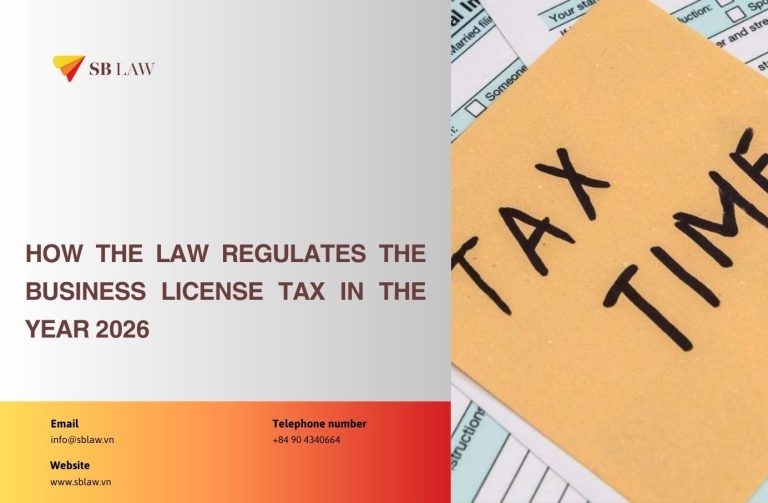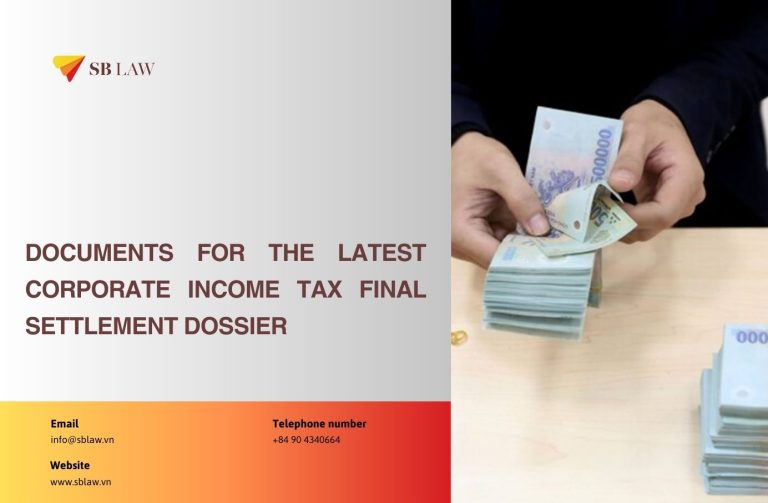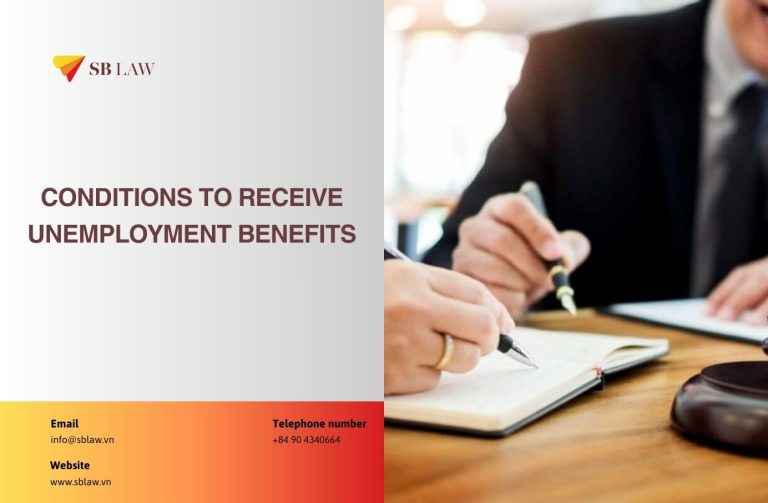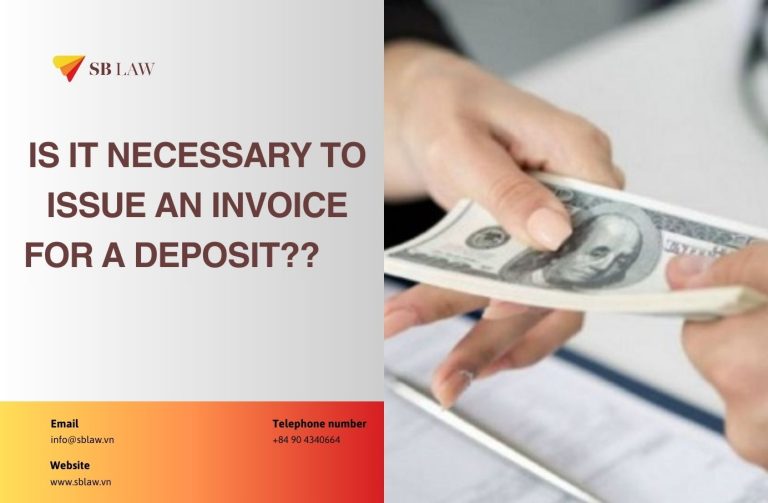Question:
My company hired Company B to develop a Customer Relationship Management (CRM) software, valued at VND 100,000,000. The contract specifies requirements, timeline, and payment method, but does not clearly stipulate any clause on intellectual property rights. After completion, my company deployed the software into our system. A few months later, we discovered that Company B sold software with a similar source code to many other enterprises. In this case, can my company reclaim the intellectual property rights and prohibit Company B from selling the software to others?
Answer:
According to Article 39 of the Law on Intellectual Property 2005 (as amended and supplemented in 2022):
“The owner of copyright is the organization or individual who assigns tasks to the author or enters into a contract with the author.
1.The organization assigning the task of creating a work to its members shall own the rights specified in Article 20 and Clause 3 of Article 19 of this Law, unless otherwise agreed.
2.The organization or individual entering into a contract with the author who creates a work shall own the rights specified in Article 20 and Clause 3 of Article 19 of this Law, unless otherwise agreed.”
In this case, copyright (including moral rights and economic rights) over the computer software belongs to the entity that created it, namely Company B, unless the service contract explicitly stipulates the transfer of intellectual property rights to the client (Company A). Furthermore, under Clause 4, Article 8 of the Civil Code 2015, intellectual property rights are considered assets of Company B, established on the basis of labor and creativity that resulted in the intellectual property object. The transfer of intellectual property rights is only valid if expressly agreed upon in the contract, pursuant to Article 39 of the Intellectual Property Law 2005.
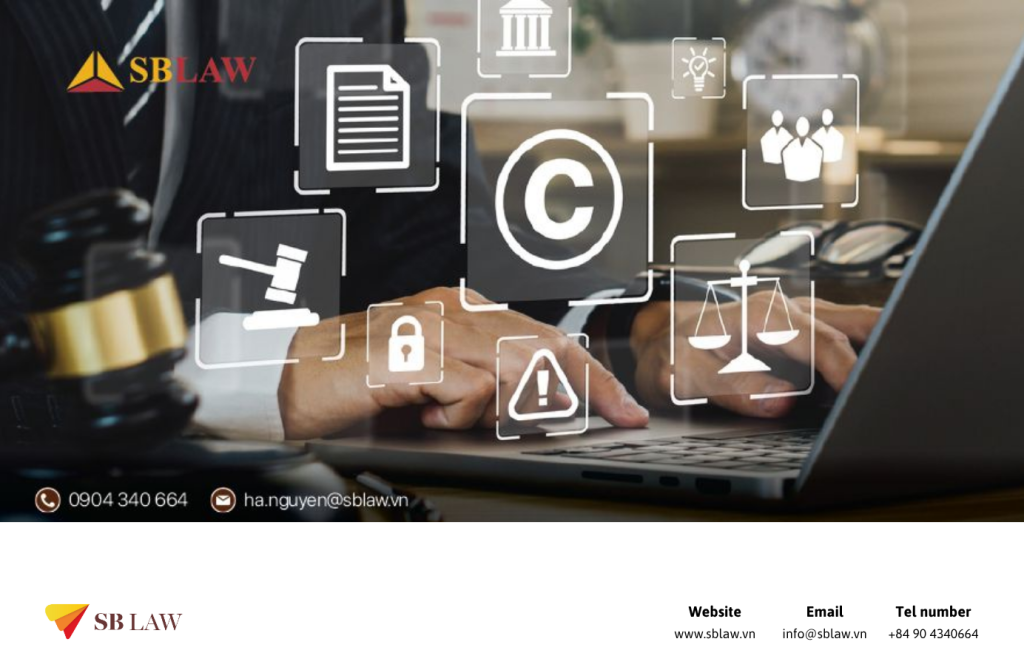
Since the contract does not stipulate the transfer of intellectual property rights (including the source code) of the software, the intellectual property rights by default belong to Company B. Company A only has the right to use the software for the original purpose specified in the contract, i.e., software development, but does not have the exclusive right to use or own that software. Therefore, Company A cannot reclaim ownership or prohibit Company B from selling the software to other companies, unless it can prove that Company B violated trade secret protection under Clause 3, Article 121 of the Intellectual Property Law 2005: “The owner of a trade secret is an organization or individual that lawfully acquires the trade secret and maintains its confidentiality. A trade secret obtained by an employee or contractor in the course of performing assigned work belongs to the employer or assignor, unless otherwise agreed by the parties.” Alternatively, the two parties must have an agreement on other intellectual property terms in the contract.
Consultation: Intellectual Property Law Services

